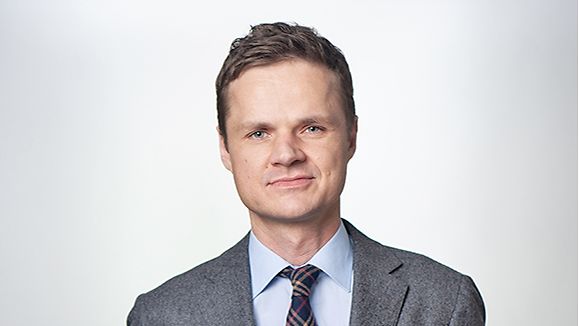Startup
Number of Start-Ups and Funding Rises in Germany
A pair of studies indicate a major bounce-back in both the number of entrepreneurs founding companies in Germany and the amount of financing available to start-ups in general.
Jan 14, 2025
Consultants Ernst & Young have calculated that German-based young companies took in EUR seven billion in venture capital in 2024. That was one billion more than in 2023 – an increase of 17 percent.
For the first time, Munich was a bigger VC magnet than Berlin. The Bavarian capital attracted EUR 2.33 billion in financing, including EUR 450 million for AI-based defense company Helsing, now a German unicorn.
The number of new companies founded also rose in 2024. 2766 growth fledgling firms were established, 11 percent more than the previous year (2498), according to data from the Startup Association.
A good fifth of start-ups (618) were in the software sector, reflecting the ongoing boom in artificial intelligence.
While most of the growth companies in 2024 were again established in major cities such as Berlin (498), Munich (203) and Hamburg (161), locations close to research institutions did well, too. Measured in terms of start-ups per 100,000 inhabitants, Heidelberg even narrowly beat out Munich and Berlin.
Aachen, Darmstadt and Potsdam, also university cities, follow in fourth to sixth place. This underlines the importance of university-related locations, which are increasingly becoming the second model for success in Germany alongside the international hotspot Berlin.
“In the face of a difficult economic environment, the Startup Association's figures show that startups are a key building block for Germany's path back to growth,” explains Philipp Kövener, director of trend and innovation scouting at Germany Trade & Invest. “Startups stand for innovation - new ideas, new technologies, new talents and thus make a decisive contribution to Germany's future viability. The close cooperation between universities and companies with startups as well as public support programs such as the BMWK's Digital Hub Initiative create very good framework conditions for the German startup ecosystem.”

